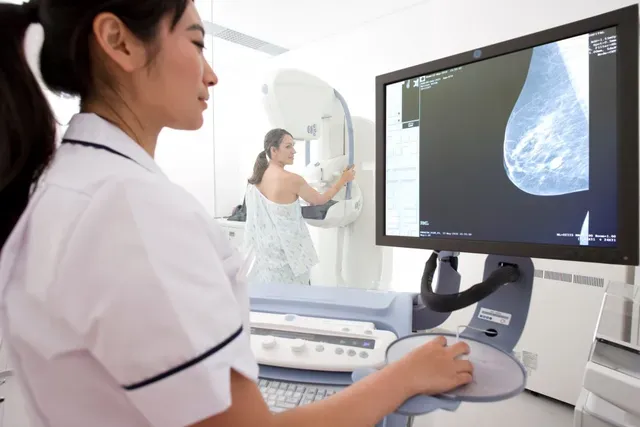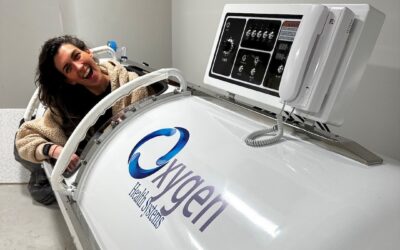Some women may be more apt to get false results from their mammograms. Learn more about how these breast cancer screenings can sometimes not get the full picture.
In the United States, over 40,000 women die from breast cancer each year. After skin cancer, it’s the most common form of cancer that women can get. Early intervention is one of the best ways to guarantee successful treatment for breast cancer. Getting regular screenings is a great way to ensure that any cancer is detected early when it is more easily treated.
Mammograms are used for breast cancer screening, but the unfortunate truth is that they may not be enough, especially for women with dense breast tissue and those that have breast implants.
Our team at OWM Integrative Wellness offers the SonoCiné Automated Whole Breast Ultrasound (AWBUS) exam, a perfect addition to your regular mammogram.
What’s the purpose of a mammogram?
Mammograms are X-rays that are taken of your breasts in order to screen for breast cancer. Experts recommend getting a mammogram annually after turning 40 since they can detect breast cancer up to three years before it can be felt.
Specifically, mammograms are able to detect any sort of abnormalities in your breasts like calcifications, distortions, asymmetries, or masses. If any of these results are found, further testing is then done in order to determine if biopsies or surgery is needed.
Are mammograms always accurate?
The short answer is no. Women with dense breasts or breast implants have mammograms that are hard-to-read, sometimes resulting in inaccurate reports.
Women with dense breasts are four to five times more likely to develop breast cancer. Dense breasts are much more difficult to read on a mammogram since this type of breast tissue appears white in the X-rays, as do any abnormalities. This greatly increases the risk of cancers being missed during screenings or a false positive result being given, which could require unnecessary biopsies or MRIs with IV contrast.
If you have silicone or saline breast implants, they can make it difficult to see the surrounding breast tissue that’s in line with the mammogram. This will lessen the chance of being able to detect any abnormalities. The good news is that SonoCiné was 300% more accurate than mammography in detecting small invasive cancer in clinical trials.
Additional breast cancer screening
For women with dense breasts or breast implants, the chance for both false positives and false negatives are higher since the mammograms can be so difficult to read. For this reason, many women are advised to have additional testing, such as breast ultrasound or breast MRI after their mammogram.
The SonoCiné AWBUS is more precise than conventional breast ultrasound because it is able to eliminate the factor of human error and has proven that it can also detect tiny cancerous masses as small as 5mm. And because the SonoCiné AWBUS is robotic, its precision makes it able to get deep into the axilla and under arm area, where mammograms cannot. This exam also allows for accurate placement of any detected masses for the tracking of breast tumor size and surveillance.
The bottom line
If you are one of the many women with dense breast tissue, it is important to know that a breast cancer diagnosis could occur much sooner if breast ultrasound was added to your breast cancer screening routine. For your peace of mind, knowing this technology can more easily detect the undetectable, the SonoCiné automated whole breast ultrasound might be the right choice for you.
A script from your doctor is not required, so if you’d like to schedule your exam or learn more about this exam, call our Buffalo, New York location at 716.626.6301, or request an appointment online today.




